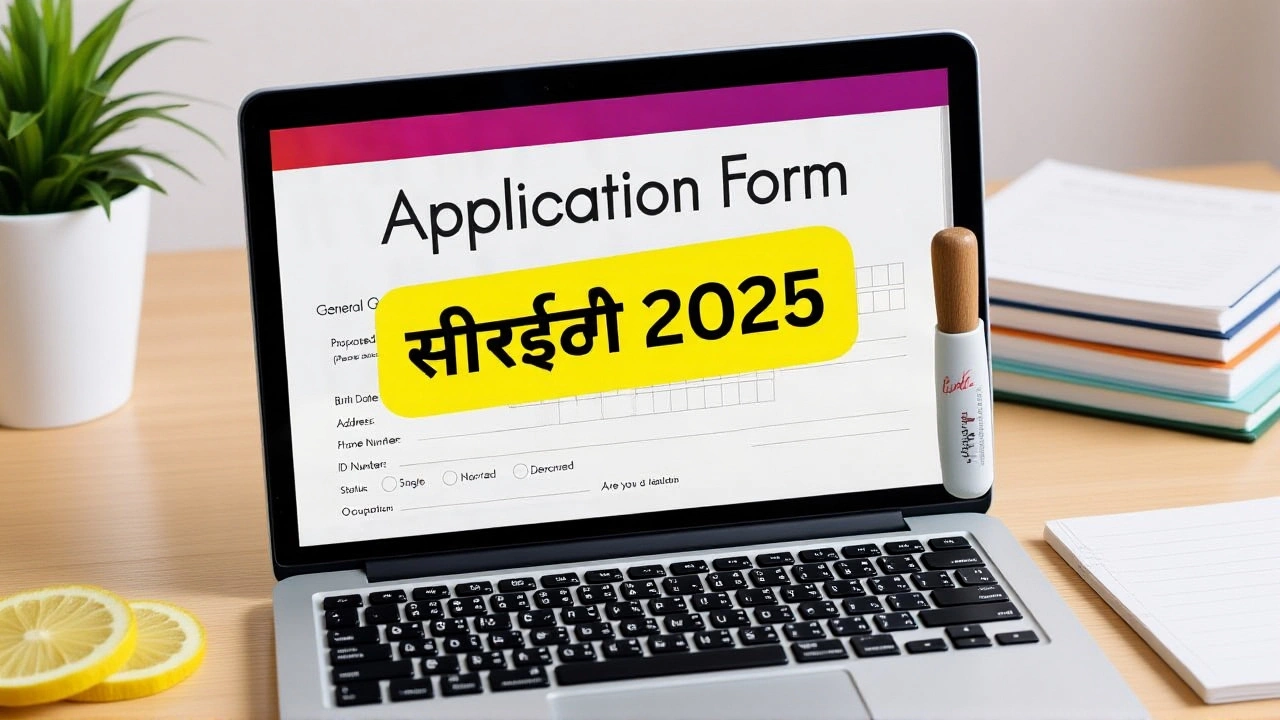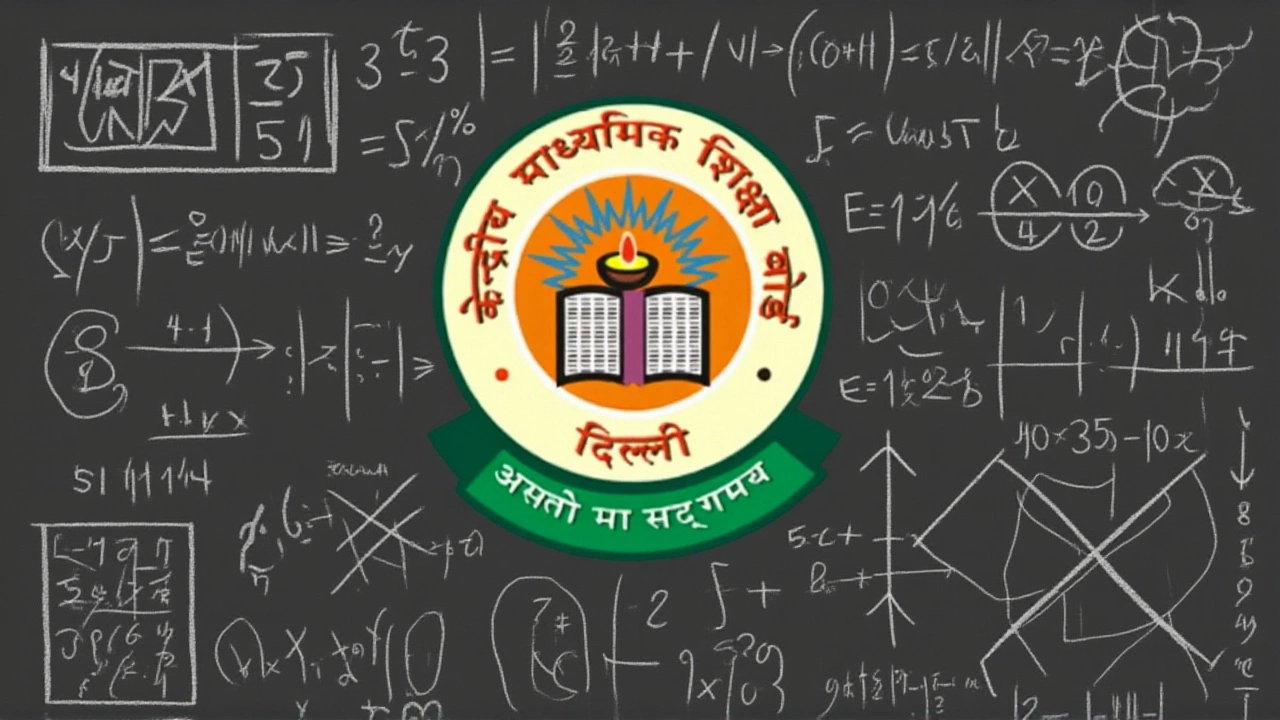The National Council for Teacher Education has shut down widespread rumors that the Central Teacher Eligibility Test would soon be expanded to include Classes 9 to 12. On November 27, 2025, Pankaj Arora, Chairperson of NCTE, issued a formal clarification: CTET will not be conducted for higher secondary levels until at least 2027. The statement directly refutes a wave of misleading reports from multiple media outlets that had claimed the exam would shift to a four-tier structure. The confusion had sparked panic among aspiring teachers, parents, and coaching centers across India — but the reality is far simpler. The current two-paper format, covering only Classes 1 to 8, remains unchanged.
What’s Actually Happening with CTET 2025?
The 12th edition of the CTET, originally slated for December 2025, has been rescheduled to February 8, 2026, according to official CBSE communications. The Central Board of Secondary Education, which administers the test, is expected to release the official notification in August 2025 — following the same timeline as the 2024 cycle, when the notice dropped on September 13 and applications closed on October 16.
Here’s how it works now: Paper I targets candidates aiming to teach Grades 1–5. Paper II is for those targeting Grades 6–8. There’s no overlap. No new tiers. No sudden changes. To qualify, candidates must score at least 60% (90 out of 150) — no negative marking, just 150 multiple-choice questions per paper, answered on OMR sheets. The exam runs in two shifts: 9:30 AM–12:00 PM and 2:30 PM–5:00 PM.
Eligibility remains strict but clear: For Paper I, you need a Diploma in Elementary Education (D.El.Ed.) or a B.Ed. For Paper II, you need graduation with at least 50% marks plus a 2-year B.Ed., or a 4-year B.El.Ed., or a 1-year B.Ed. under revised norms. The minimum age is 18. There’s no upper age limit. And yes — if you want to teach both primary and upper primary levels, you must pass both papers.
Why the Confusion? Media Missteps and the ITEP Timeline
The rumors didn’t come from nowhere. In recent months, some education analysts had speculated that the Integrated Teacher Education Programme (ITEP) — a new four-year undergraduate degree launched under the National Education Policy 2020 — might trigger a restructuring of teacher eligibility. The logic? When the first ITEP graduates finish their degrees in 2027, they’ll be qualified to teach from Classes 1 to 12. So, logically, wouldn’t CTET need to adapt?
Turns out, the NCTE is thinking ahead — but not that fast. Arora made it crystal clear: “No decision has been taken to introduce a four-level CTET. We will only consider it after 2027, when the first batch of ITEP graduates enters the teaching workforce.” That’s not a promise of change. It’s a promise of review. The current system stays intact for now.
And here’s the twist: The media reports didn’t just misrepresent the timeline — they falsely claimed NCTE had instructed CBSE to implement the change. That never happened. NCTE doesn’t run the exam. CBSE does. And CBSE hasn’t received any such directive.
Pass Rates and the Supreme Court Mandate
Despite the chaos, the exam’s difficulty remains a silent crisis. In December 2024, only 24.17% of candidates passed Paper I. For Paper II? Just 12.31%. January 2024 was even starker: 7.56% passed Paper II. These numbers aren’t just statistics — they reflect a systemic gap in teacher preparation across states.
And here’s why it matters more than ever: A Supreme Court ruling in 2024 made CTET mandatory for recruitment in all central government schools — including Kendriya Vidyalayas and Navodaya Vidyalayas. No CTET, no job. That’s the new reality. Schools can no longer hire based on state-level TETs or experience alone. The bar is national. The stakes are high.

What Comes Next? The 2027 Horizon
So what’s the real story? The NCTE isn’t resisting change — it’s waiting for the right moment. The ITEP program, designed to produce multi-grade teachers with deeper pedagogical training, is still in its infancy. The first cohort won’t graduate until mid-2027. Until then, the council has no data on how well these new teachers perform in classrooms. That’s why Arora emphasized: “We need evidence, not speculation.”
When the time comes — likely around 2028 or 2029 — NCTE may propose a four-tier CTET: one each for Classes 1–5, 6–8, 9–10, and 11–12. But that’s years away. For now, aspirants can breathe easy. The exam they’ve studied for — the one with two papers, no negative marking, and a 60% cutoff — remains the only path forward.
Who’s Affected? Teachers, Training Institutes, and Parents
This clarification isn’t just bureaucratic noise. It’s a lifeline for thousands of candidates who had started preparing for a non-existent higher-level exam. Coaching centers in Kota, Patna, and Bhopal had begun advertising “CTET for Classes 9–12” packages. Many have now had to backtrack. For parents, it means no sudden pressure to enroll kids in advanced teaching courses prematurely.
For teacher training colleges, it’s a signal to stick to the current curriculum. B.Ed. and D.El.Ed. programs aren’t obsolete — they’re still the gold standard. And for the government? It buys time to evaluate ITEP’s real-world impact before overhauling a system that already serves 1.5 million teaching vacancies nationwide.
Frequently Asked Questions
Will CTET be conducted for Classes 9 and 10 anytime soon?
No. The NCTE has explicitly stated that CTET will not be extended to Classes 9–12 until after 2027, and even then, only after reviewing the performance of the first batch of ITEP graduates. For now, the exam remains strictly for Classes 1–8. Any claims otherwise are inaccurate.
What’s the difference between Paper I and Paper II in CTET?
Paper I is for teaching Classes 1–5 and requires a D.El.Ed. or B.Ed. Paper II is for Classes 6–8 and demands graduation plus a 2-year B.Ed. (or equivalent). Candidates wanting to teach both levels must qualify in both papers. The syllabus, question format, and marking scheme are identical — only the content depth differs.
Is CTET mandatory for all government school jobs in India?
Yes — since a Supreme Court ruling in 2024, CTET is compulsory for recruitment in all central government schools, including Kendriya Vidyalayas and Navodaya Vidyalayas. Some states still accept their own TETs for state-run schools, but for central positions, CTET is non-negotiable. No exception.
Why are CTET pass rates so low?
The low pass rates reflect uneven teacher preparation across India. Many candidates come from rural colleges with limited resources, while the exam tests pedagogical understanding, not just subject knowledge. December 2024 saw only 12.31% pass Paper II — a sign that training quality varies drastically. The NCTE is now pushing for better faculty development in teacher colleges.
When will the CTET 2025 notification be released?
The Central Board of Secondary Education (CBSE) is expected to release the CTET 2025 notification in August 2025. The exam itself is now scheduled for February 8, 2026, after being delayed from its original December 2025 date. Applications will likely open in September and close by mid-October, following the 2024 pattern.
Does passing CTET guarantee a teaching job?
No. CTET is an eligibility test — not a recruitment exam. It qualifies you to apply for teaching positions in central schools, but hiring is done by KVS, NVS, or other agencies based on vacancies, interviews, and sometimes additional state-level processes. Think of it as a passport, not a ticket.
